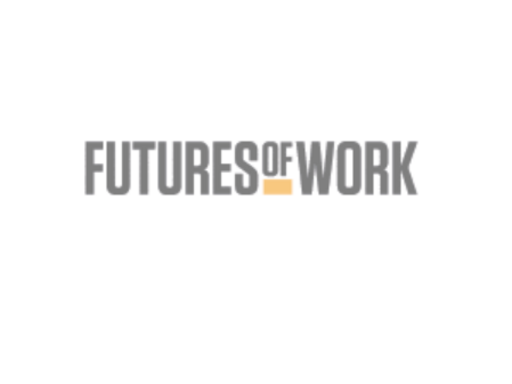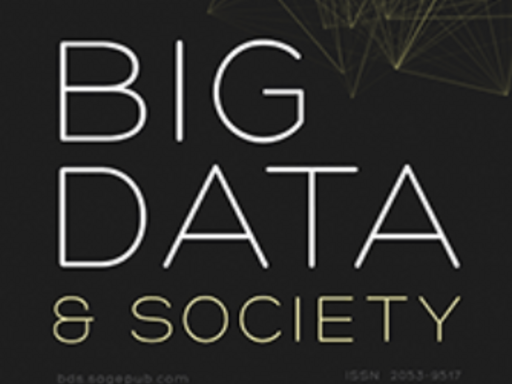Technology, Employment and Wellbeing
Issue 2025/11
Gender, Technology, and Meaningful Progress

In light of recent discussions at the conference Towards Gender-Inclusive Digital Policy: AI and Gender Equality in the Workplace, organised by FES Future of Work in cooperation with FEPS, the articles in this issue address the importance of gender inequalities shaped by context, invisibility and representation, while raising a critical question often overlooked in policy discourses: should we rethink and expand our understanding of what constitutes meaningful progress in the digital age?
Gender equality in the digital age is not simply a question of access or representation. It calls for a fundamental rethinking of the systems, practices and values that underpin technological development. Only through such transformation can innovation become not merely efficient or profitable, but also inclusive and socially just.
The transformative potential of technology will remain constrained unless it addresses the structural inequalities that determine who benefits and who is excluded. Achieving gender equality in the digital sphere requires more than superficial interventions; it demands systemic change grounded in context, lived practices and institutional accountability.
The first article emphasises the importance of context, cautioning against one-size-fits-all narratives that overlook how AI’s risks and benefits vary across local, cultural and institutional settings.
The second article highlights invisible work and its implications for gender equality in the EU, arguing that much female labour – which is often undervalued and overlooked – remains invisible, shaping who ultimately benefits from technology.
The third article highlights gender representation and institutional failures in AI research, with a focus on Germany, arguing that persistent structural barriers hinder equality and accountability in technological development.















